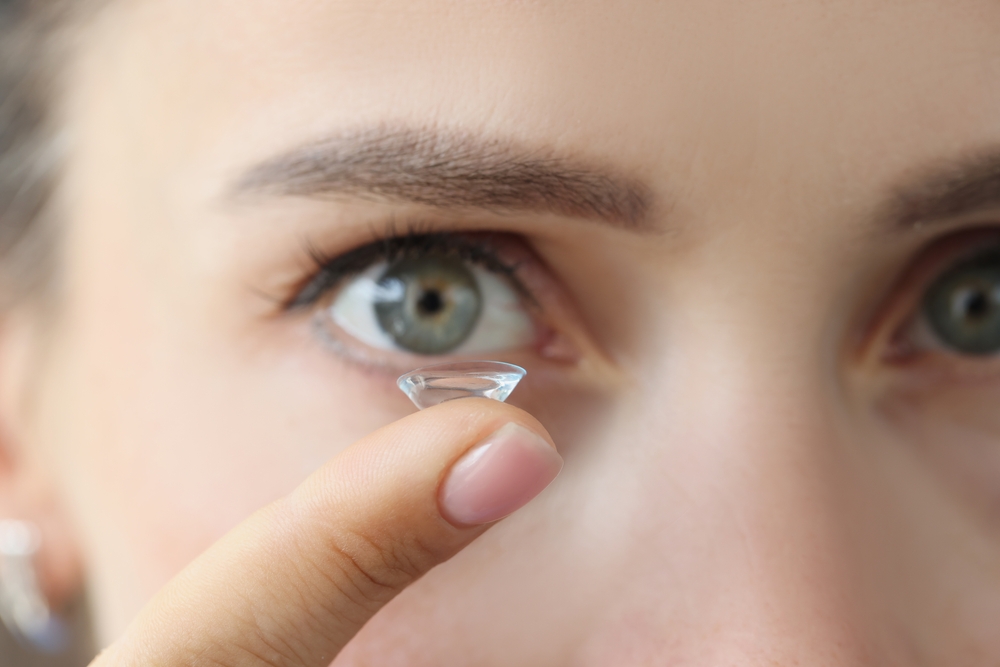
Myopia is a common vision condition that affects many children. As a parent, it's important to understand the symptoms, impact, and management options available to ensure your child's visual development and overall well-being.
Understanding Myopia in Children
Myopia is a refractive error in the eye that causes distant objects to appear blurred, while nearby objects remain clear. This condition typically develops in childhood and can progress rapidly, leading to more severe nearsightedness over time. Understanding the underlying causes and risk factors of myopia is crucial for effective management.
Symptoms and Impact of Myopia in Children
Children with myopia may experience various symptoms, including difficulty seeing the board at school, squinting or straining their eyes to see distant objects, and frequent headaches or eye strain. Untreated myopia can have a significant impact on a child's academic performance, social interactions, and overall quality of life. It's essential to address myopia early to prevent further progression and potential complications.
What is Myopia Management?
Myopia management refers to the various strategies and techniques used to slow down the progression of nearsightedness in children. The goal of myopia management is to prevent or delay the development of high myopia, which can increase the risk of sight-threatening eye conditions later in life, such as retinal detachment, glaucoma, and myopic macular degeneration.
Myopia Management Techniques
One popular choice for myopia management is Orthokeratology. Ortho-K involves the use of specialized gas-permeable contact lenses worn overnight to temporarily reshape the cornea, the clear front part of the eye. This can temporarily improve distance vision during the day without the need for daytime contact lenses or glasses.
Another option is atropine eye drops. Atropine is a medication that can be prescribed in low-dose eye drop form to help slow the progression of myopia in children. Atropine works by relaxing the eye's focusing mechanism, which may help to control the elongation of the eyeball that occurs with myopia.
Lastly, dual focus soft contact lenses have been used as an effective technique to manage myopia. Multifocal soft contact lenses are designed with different prescriptions in different zones of the lens. This helps to control the eye's focus and may slow the progression of myopia in some children.
Factors to Consider When Choosing a Myopia Management Option
When selecting a myopia management option for your child, there are several factors to consider:
Age and Myopia Progression: The age at which myopia develops and the rate of progression can influence the most appropriate management technique.
Lifestyle and Activity Level: Your child's daily activities, such as time spent outdoors, reading, and using digital devices, may affect the suitability of different myopia management options.
Comfort and Compliance: The comfort and ease of use of the chosen treatment, as well as your child's willingness to follow the prescribed regimen, can impact the effectiveness of the myopia management approach.
Potential Risks and Side Effects: Each myopia management technique has its own set of potential risks and side effects, which should be carefully considered in consultation with your eye care professional.
Cost and Availability: The financial implications and accessibility of the myopia management options in your area may also be a factor in your decision-making process.
The Importance of a Comprehensive Eye Exam for the Most Effective Treatment
A comprehensive eye exam is crucial for determining the most effective myopia management options. A thorough eye examination assesses not just visual acuity but also the overall health of the eyes, the progression of myopia, and potential risk factors. By conducting a detailed evaluation, optometrists can tailor myopia management strategies to the unique needs of each patient. This personalized approach ensures the best possible outcomes, slowing the progression of myopia and preserving long-term eye health. Regular follow-up appointments are essential to ensure the effectiveness of the chosen treatment and make any necessary adjustments.
Get in Touch with Brianna Herring O.D. Today
Myopia management is a crucial aspect of your child's visual development and overall well-being. By understanding the available techniques, considering the factors that are most important to your family, and working closely with an experienced optometrist, you can help ensure your child's eyes receive the care and attention they need to thrive.
If you're concerned about your child's vision and want to explore myopia management options, schedule a comprehensive eye exam with Brianna Herring O.D. We can provide personalized guidance and help you determine the most effective solution for your child's unique needs. Visit our office in Deerfield Beach or Plantation, Florida. Please call (786) 891-2020 or (954) 472-2676 to book an appointment today.




